Giant pumpkins have fascinated people around the world for their enormous size and record-breaking weights. Growing a giant pumpkin requires not only skill and dedication but also high-quality seeds to ensure the best chances of success. When purchasing giant pumpkin seeds, it’s essential to consider both the purchase price and the quality of the seeds. This article aims to provide a comprehensive summary of the factors that affect the purchase price and the quality testing methods for giant pumpkin seeds. Factors Affecting Purchase Price: 1. Seed Genetics: The genetics of the seeds play a significant role in determining the purchase price.
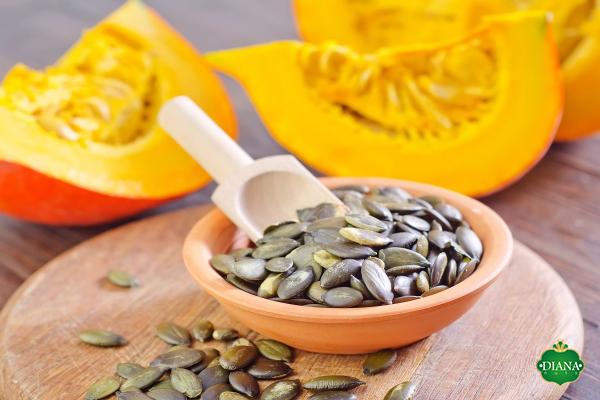
nut
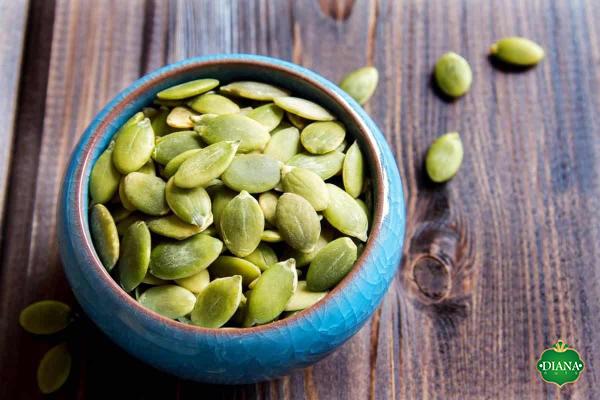 Breeders invest years of effort and expertise in developing superior genetics in giant pumpkin seeds. Seeds with a proven track record of producing heavyweights will inevitably command a higher price, as breeders are essentially selling the potential for success. 2. Seed Rarity: Some giant pumpkin seed varieties are relatively rare or hard to find, which can drive up their purchase price. Seeds from pumpkins that have set records or won prestigious competitions are highly sought after by growers, increasing their value in the market. 3. Seed Source: The source of the seed also influences its price. Seeds obtained directly from reputable breeders or specialized retailers tend to be more expensive than those from general seed suppliers. This is because breeders invest in meticulous care, maintenance, and selection of their seed stock to ensure high quality and genetic integrity.
Breeders invest years of effort and expertise in developing superior genetics in giant pumpkin seeds. Seeds with a proven track record of producing heavyweights will inevitably command a higher price, as breeders are essentially selling the potential for success. 2. Seed Rarity: Some giant pumpkin seed varieties are relatively rare or hard to find, which can drive up their purchase price. Seeds from pumpkins that have set records or won prestigious competitions are highly sought after by growers, increasing their value in the market. 3. Seed Source: The source of the seed also influences its price. Seeds obtained directly from reputable breeders or specialized retailers tend to be more expensive than those from general seed suppliers. This is because breeders invest in meticulous care, maintenance, and selection of their seed stock to ensure high quality and genetic integrity.
Specifications of nut
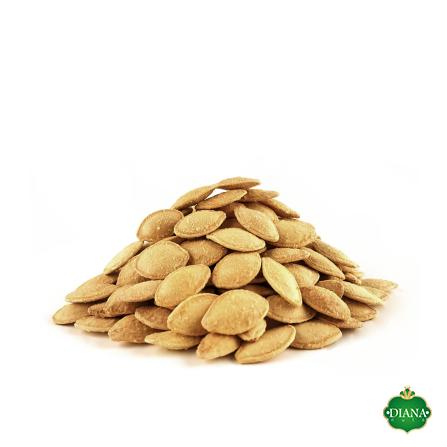 Quality Testing for Giant Pumpkin Seeds: 1. Germination Test: Germination testing is crucial to determine the viability of the seeds. It involves placing a sample of seeds in a controlled environment with consistent temperature and moisture conditions to simulate ideal germination conditions. The percentage of seeds that successfully sprout within a specific time frame gives an indication of their quality. 2. Genetic Purity Test: Genetic purity is vital for seed quality. To ensure that the seeds are true to their labeled variety, genetic testing can be conducted using DNA analysis techniques. This test helps to verify that the seeds have not been cross-pollinated or contaminated with other pumpkin varieties. 3. Physical Inspection: A visual inspection of the seeds can also provide clues about their quality. The seeds should be plump, firm, and free from damage, discoloration, or signs of disease. High-quality seeds typically have a uniform shape, color, and size, indicating consistent breeding practices and care during seed production.
Quality Testing for Giant Pumpkin Seeds: 1. Germination Test: Germination testing is crucial to determine the viability of the seeds. It involves placing a sample of seeds in a controlled environment with consistent temperature and moisture conditions to simulate ideal germination conditions. The percentage of seeds that successfully sprout within a specific time frame gives an indication of their quality. 2. Genetic Purity Test: Genetic purity is vital for seed quality. To ensure that the seeds are true to their labeled variety, genetic testing can be conducted using DNA analysis techniques. This test helps to verify that the seeds have not been cross-pollinated or contaminated with other pumpkin varieties. 3. Physical Inspection: A visual inspection of the seeds can also provide clues about their quality. The seeds should be plump, firm, and free from damage, discoloration, or signs of disease. High-quality seeds typically have a uniform shape, color, and size, indicating consistent breeding practices and care during seed production.
buy nut
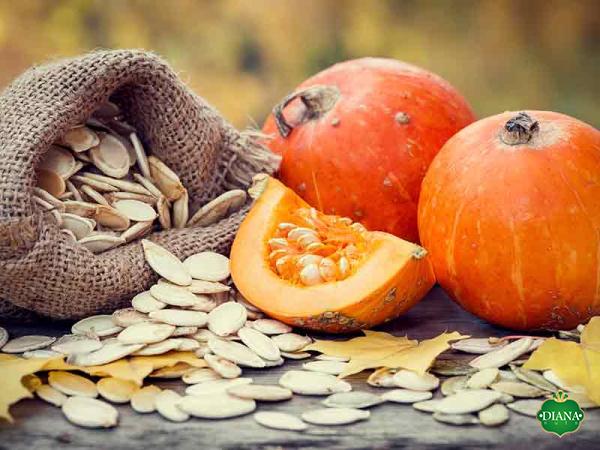 4. Weight Analysis: Since the ultimate goal of growing giant pumpkins is to achieve maximum weight, weight analysis of the seeds can be used as an additional quality indicator. This involves weighing the seeds individually or in batches to ensure they fall within the expected range specified by the breeder. Conclusion: When purchasing giant pumpkin seeds, growers need to consider both the purchase price and the quality of the seeds to increase their chances of growing massive pumpkins successfully. Factors such as seed genetics, rarity, and source influence the purchase price, while quality testing methods such as germination tests, genetic purity tests, physical inspections, and weight analysis provide important insights into the seed’s viability and potential for growth. By carefully evaluating these factors, growers can make informed decisions and lay a solid foundation for growing their own giant pumpkins.
4. Weight Analysis: Since the ultimate goal of growing giant pumpkins is to achieve maximum weight, weight analysis of the seeds can be used as an additional quality indicator. This involves weighing the seeds individually or in batches to ensure they fall within the expected range specified by the breeder. Conclusion: When purchasing giant pumpkin seeds, growers need to consider both the purchase price and the quality of the seeds to increase their chances of growing massive pumpkins successfully. Factors such as seed genetics, rarity, and source influence the purchase price, while quality testing methods such as germination tests, genetic purity tests, physical inspections, and weight analysis provide important insights into the seed’s viability and potential for growth. By carefully evaluating these factors, growers can make informed decisions and lay a solid foundation for growing their own giant pumpkins.

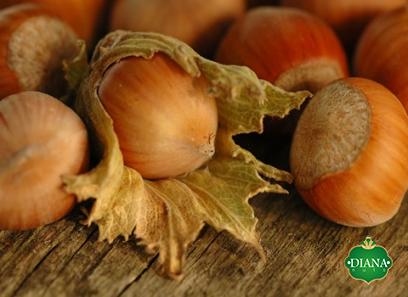
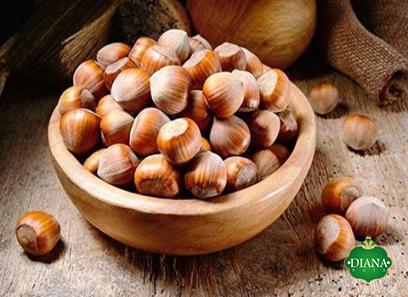
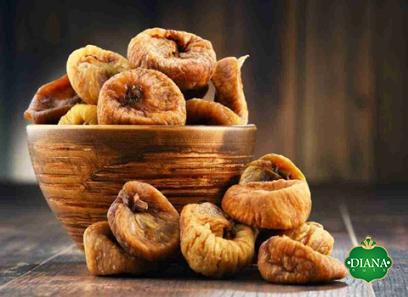
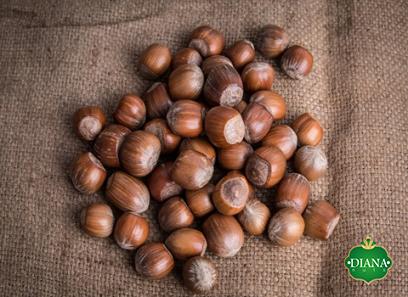

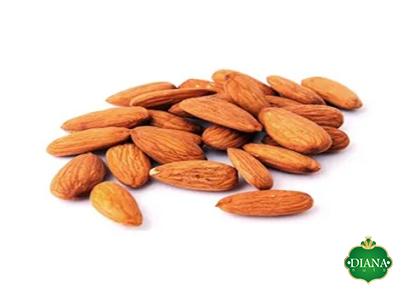
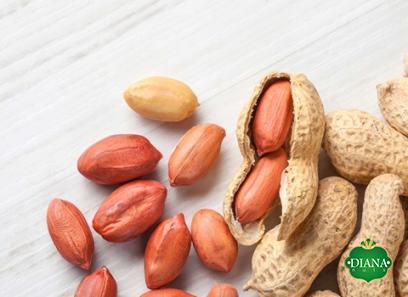
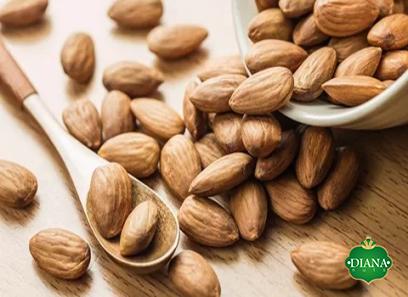
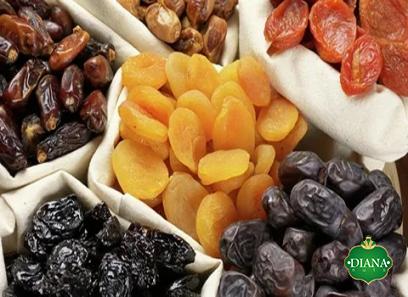
Your comment submitted.